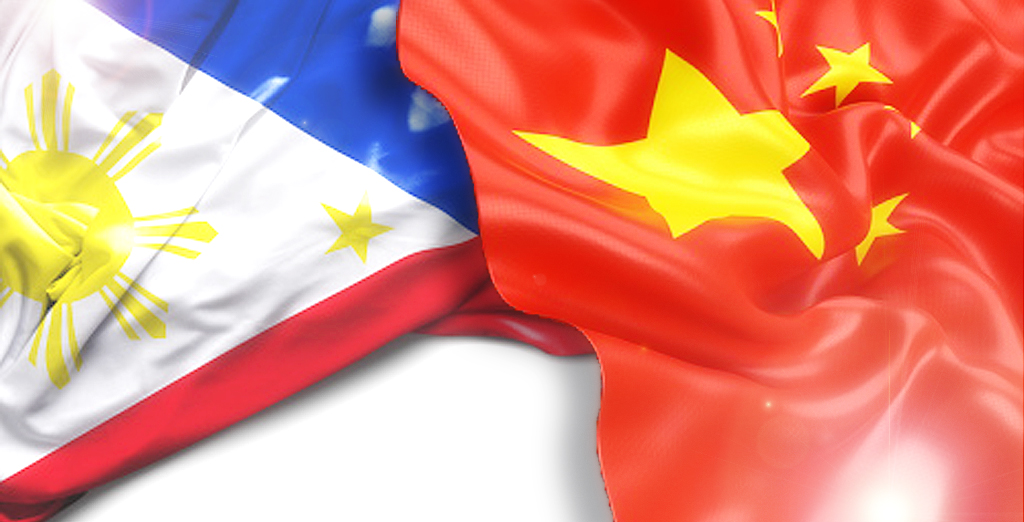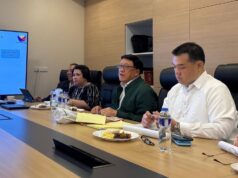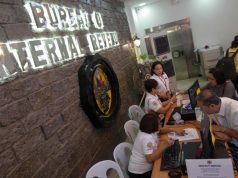Philippines eases official restrictions on Taiwan investment-related visits

By Adrian H. Halili, Reporter
THE PHILIPPINES has relaxed restrictions on travel to Taiwan for economic, trade and investment purposes by government officials, limiting the ban to the President, Vice-President, Foreign Affairs and Defense secretaries.
In a memo signed by Executive Secretary Lucas P. Bersamin on April 15, the presidential palace said other state officials visiting Taiwan for economic reasons may do so as long as they use their ordinary passports and without using their official titles.
They must also inform the Manila Economic and Cultural Office (MECO) about the purpose of their visit and coordinate with the agency during their travel, according to Memorandum Circular No. 82. Officials must also submit a report on their travel to MECO and the Department of Foreign Affairs (DFA).
The memo clarifies Executive Order (EO) No. 313 issued in 1987 in recognition of the Philippines’ One China policy of strategic ambiguity regarding Taiwan.
China claims Taiwan as its own territory and views it as a breakaway province. The Philippines adopted the One China principle, which states that there is only one official Chinese nation, in 1975, despite the division between China and Taiwan in the aftermath of the Chinese civil war.
EO 313 prohibited all officials of the Philippine government from visiting Taiwan and from receiving Taiwanese officials to the Philippines.
Under the April 15 memo, Philippine government officials and their agencies may now receive delegations from Taiwan for economic, trade and investment purposes through MECO.
Like the 1987 order, the April 15 memo still bars any Philippine government officials from signing agreements, memos exchange of notes and similar documents with any Taiwanese organization or agency without clearance from the DFA and the Office of the President.
The eased rules would “further maximize opportunities for the development and expansion of the Philippines’ priority areas of investments,” according to the memo.
The Taipei Economic and Cultural Office in the Philippines declined to comment when contacted via Viber.
Raphael J. Cortez, who teaches diplomacy at De La Salle College of St. Benilde in Manila, said the relaxed official travel restrictions would let the Philippines and Taiwan boost trade ties.
“Given that government engagements can already be undertaken, then this easing may pave the way for negotiations for agreements relating to trade and the economy in general,” he said in a Facebook Messenger chat.
He added that Taiwan could also maximize opportunities as other counters seek out alternative trade partners in the region due to the US government’s reciprocal tariffs.
US President Donald J. Trump has imposed sweeping reciprocal tariffs on trading partners aimed at addressing trade imbalances and protecting US industries.
On the other hand, Mr. Cortez said that relaxed restrictions could worsen Philippine ties with China. “This is something of course that does not align with the Chinese government’s perception of Taiwan, and something that they do not want their trading partners to engage in.”
Philippine-China ties have worsened in recent years due to repeated encounters between their coast guard ships in the South China Sea over competing claims on the Spratly Islands and Scarborough Shoal, among other sea features.
China claims more than 80% of the South China Sea based on a 1940s map, which a United Nations-backed arbitration court in The Hague voided in 2016 for being illegal.



